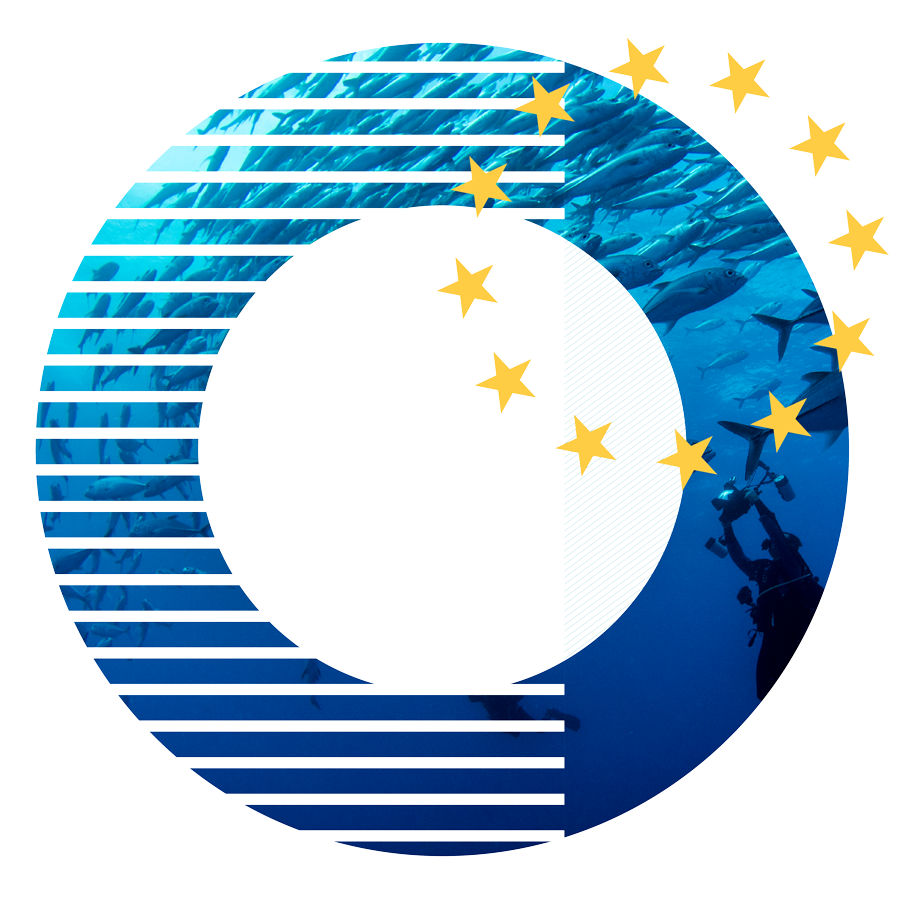
Making Europe a
Scientific Leader
Supporting Sustainable
Science & Innovation

EMBRC continues to advance marine science through its involvement in 20 European projects including many from these EU programs:
- HorizonEurope, the European Commission’s key research and innovation funding programme;
- Interreg, a key European Union instrument that supports cooperation between regions and countries within the EU.
These projects offer opportunities for joint activities and knowledge-sharing and also aims to optimise scientific research in Europe and beyond.
Diverse in scope and country involvement, they aim to enhance EMBRC activities, notably:
- Strengthen collaboration with similar European organisations, such as other research infrastructures
- Implement good practices for the management of marine living resources
- Provide high-level …
EMBRC continues to advance marine science through its involvement in 20 European projects including many from these EU programs:
- HorizonEurope, the European Commission’s key research and innovation funding programme;
- Interreg, a key European Union instrument that supports cooperation between regions and countries within the EU.
These projects offer opportunities for joint activities and knowledge-sharing and also aims to optimise scientific research in Europe and beyond.
Diverse in scope and country involvement, they aim to enhance EMBRC activities, notably:
- Strengthen collaboration with similar European organisations, such as other research infrastructures
- Implement good practices for the management of marine living resources
- Provide high-level research services to support science and boost the blue economy to address global societal problems
projects is integral to our
mission to foster
innovation and boost
European growth


Funding EMBRC Services Through
European Projects

